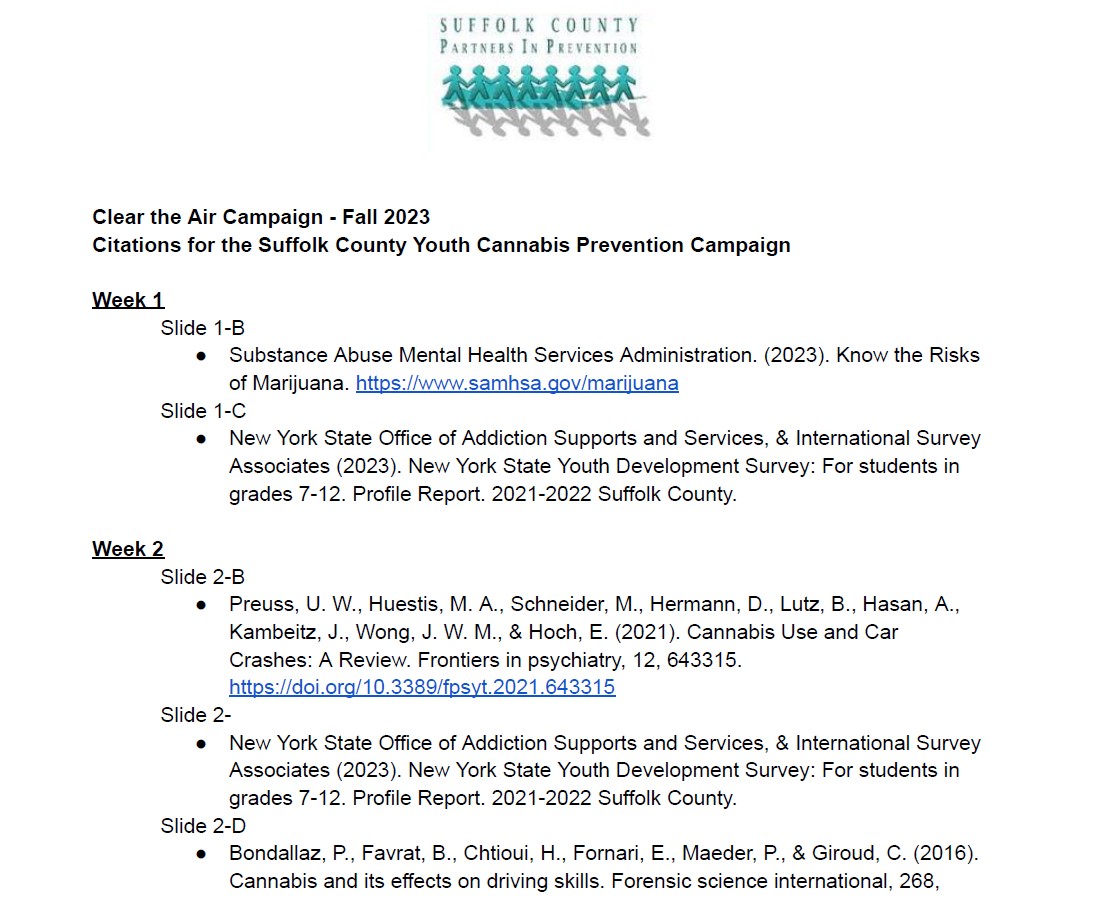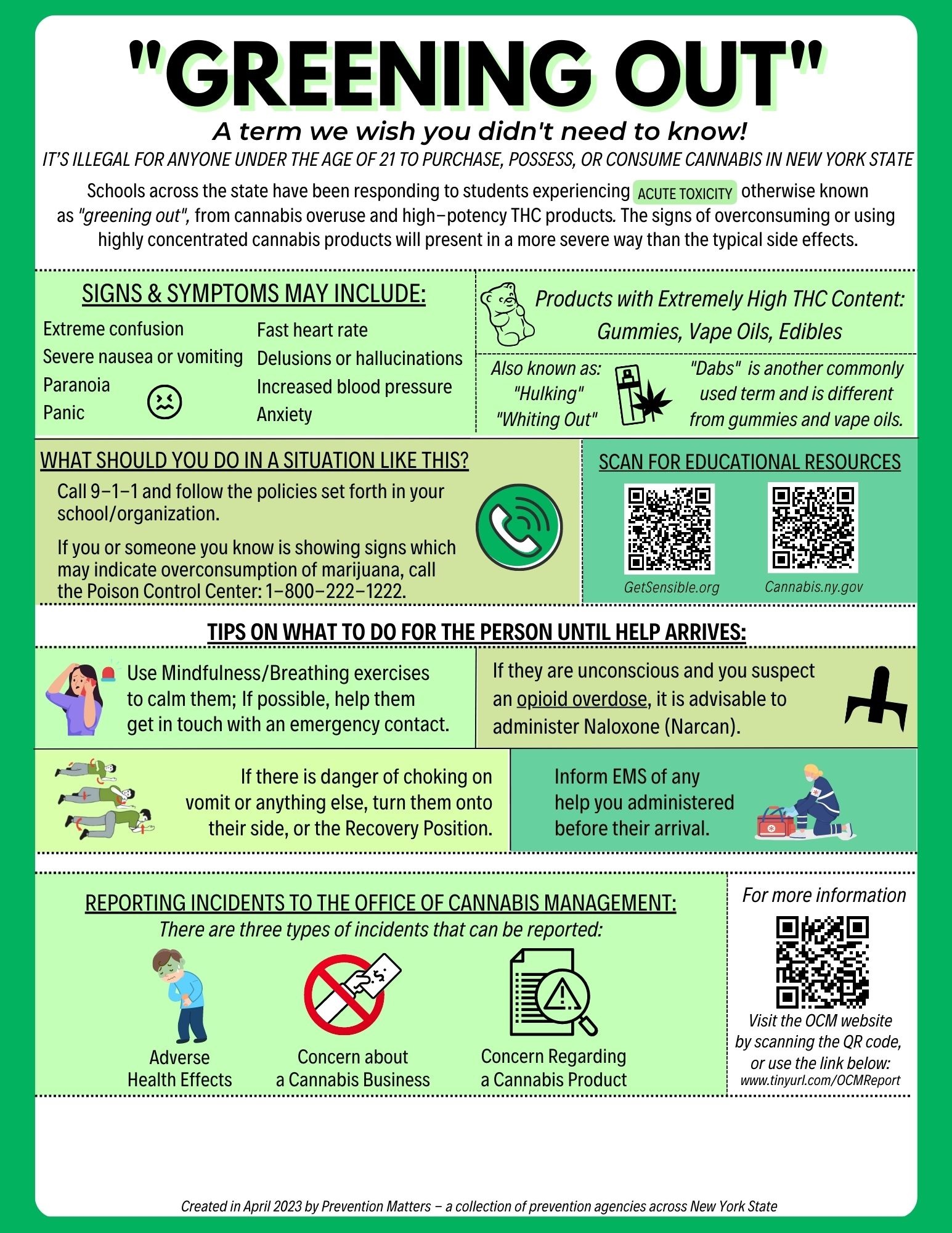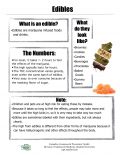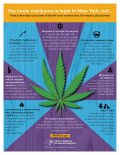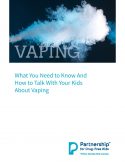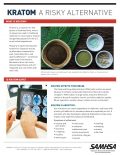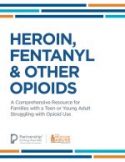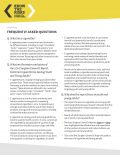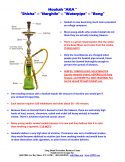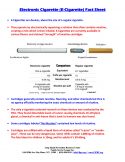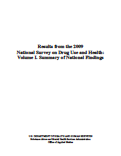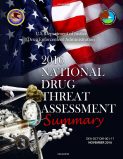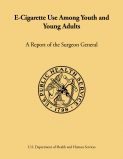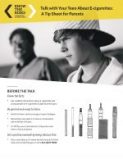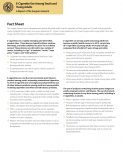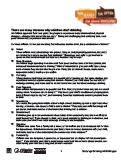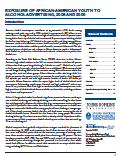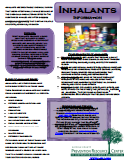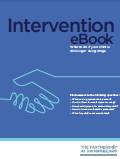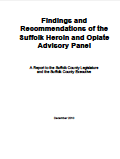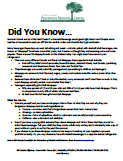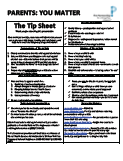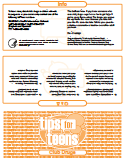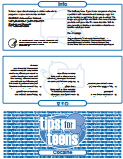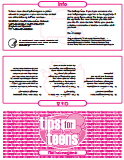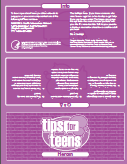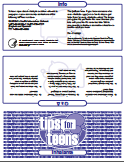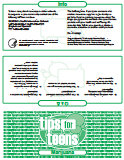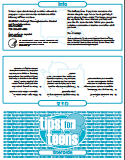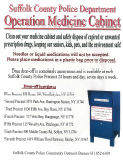GET CONNECTED Linking Older Adults with Resources on Medication, Alcohol, and Mental Health
The Get Connected Toolkit was created to help health, social, and aging services providers learn more about alcohol and medication misuse and mental health conditions in older adults so they can address these issues more effectively. It has been designed to help health and aging services providers undertake health promotion, advance prevention messages and education, and undertake screening and referral for mental health conditions and the misuse of alcohol and medications. The Get Connected Toolkit helps coordinate these efforts and link your organization and the older adults you serve to other valuable community-based and national resources.
Prescription Drug Misuse Among Older Adults Fact Sheet
Misuse and abuse of prescription drugs by adults over age 65 is a growing, but largely unrecognized public health problem. Because drug abuse is perceived as a problem of the young, and symptoms of drug misuse may mimic cognitive and physical signs of aging, drug use problems in older adults often go undetected.
Older Adults and Alcohol
NIH Fact Sheet covering: Older Adults and Alcohol • How Alcohol Can Impact Health • Alcohol and Medications • Safety Concerns and Alcohol • A Healthier Approach to Alcohol • Alcohol Misuse • Where To Find Help
NYS OASAS Using Person First Language Stigma Glossary
Language is a powerful tool. The words we use can affect the way people receive and perceive our message. Our words can convey support, understanding and encouragement, but can also cause harm and create barriers to treatment and recovery. In an effort to end stigma surrounding addiction and those who use substances, NYS OASAS strongly encourages the use of person first language when discussing addiction or substance use disorder. Person first terminology focuses on using language that reflects we are all people first. For example, calling someone an ‘addict’ is dehumanizing and links a substance use disorder to a person’s individual identity. The person first approach is nonjudgmental and does not define a person by a health condition. NYS adopted “Person First” legislation in August 2007, requiring the use of ‘person first’ language.
Clear the Air Campaign Citations- Fall 2023
Citations for the Suffolk County Youth Cannabis Prevention Campaign
Greening Out Informational Flyer
Schools across the state have been responding to students experiencing acute toxicity, otherwise know as ‘greening out’, from cannabis overuse and high-potency THC Products. The signs of overconsuming or using highly concentrated cannabis products will present in a more severe way than the typical side effects.
Edibles Fact Sheet from the Cannabis Awareness and Prevention Toolkit
What is an edible? What do they look like? Read more to find out facts on edibles from the Cannabis Awareness and Prevention Toolkit.
You know marijuana is legal in New York, but…
There’s information to be aware of with NY’s new cannabis laws. For instance, did you know:
What You Need to Know & How to Talk With Your Kids about Vaping
This comprehensive resource from the Partnership for Drug-Free Kids will explain the culture of vaping, what the current research says, and how to have difficult conversations about vaping or juuling with your child.
KRATOM a Risky Alternative
KRATOM What is it? Is it adictive? This article from SAMHSA provides you with some information.
Heroin, Fentanyl & Other Opioids Resource Guide For Families
Partnership for Drug Free Kids put together this guide because they want parents and families to know what opioids are and to understand the risks associated with their use. They want you to be prepared with knowledge and skills to spot early use and take action effectively.
Know the Risks: E-Cigarettes & Young People Frequently Asked Questions
Developed by the Centers for Disease Control and Prevention’s Office of Smoking and Health this document answers some of the most common questions about E-Cigarettes and vaping.
Risks of E-Cigarette and Vape Pen Use
Although the overwhelming majority of young people do not use e-cigarettes, the recent increase in use among adolescents is concerning to health professionals. This guide provides some of the risks associated with use.
Hookah Fact Sheet
This one page fact sheet developed by the Long Island Prevention Resource Center will teach you the basics of Hookahs.
Electronic Cigarette (E-Cigarette) Fact Sheet
This one page fact sheet developed by the Long Island Prevention Resource Center will teach you the basics of Electronic Cigarettes.
SAMHSA-2009- Results from the National Survey on Drug Use and Health-Volume I-Summary of National Findings
This report presents the first information from the 2009 National Survey on Drug Use and Health (NSDUH), an annual survey sponsored by the Substance Abuse and Mental Health Services Administration (SAMHSA). The survey is the primary source of information on the use of illicit drugs, alcohol, and tobacco in the civilian, noninstitutionalized population of the United States aged 12 years old or older. The survey interviews approximately 67,500 persons each year. Unless otherwise noted, all comparisons in this report described using terms such as “increased,” “decreased,” or “more than” are statistically significant at the .05 level.
DEA’s 2016 National Drug Threat Assessment
The 2016 National Drug Threat Assessment is a comprehensive strategic assessment of the threat posed to the United States by the trafficking and abuse of illicit and prescription drugs. This report combines federal, state, and local law enforcement reporting; public health data; news reports; and intelligence from other government agencies to provide a coordinated and balanced approach to determining which substances represent the greatest drug threat to the United States.
E-Cigarette Use Among Youth and Young Adults: A Report of the Surgeon General
This timely report highlights the rapidly changing patters of e-cigarette use among youth and young adults, assesses what we know about the health effects of using these products, and describes strategies that tobacco companies use to recruit our nation’s youth and young adults to try and continue using e-cigarettes. The report also outlines interventions that can be adopted to minimize the harm these products cause our nation’s youth.
Talk with Your Teen About E-cigarettes: A Tip Sheet for Parents
BEFORE THE TALK Know the facts. • Get credible information about e-cigarettes and young people at E-cigarettes.SurgeonGeneral.gov.
E-Cigarette Use Among Youth and Young Adults Fact Sheet
This Surgeon General’s report comprehensively reviews the public health issue of e-cigarettes and their impact on U.S. youth and young adults. Studies highlighted in the report cover young adolescents (11-14 years of age); adolescents (15-17 years of age); and/or young adults (18-25 years of age). Scientific evidence contained in this report supports the following facts:
Why Children Start Drinking
There are many reasons why children start drinking.
As children approach their teen years, they begin to experience many emotional and physical changes – changes that are not always easy. During this challenging and confusing time, even good children may experiment with alcohol.
The Power of Parenting: I know my child is using alcohol/drugs
If you know your child is using drugs, you have good reason to be concerned. You may feel helpless, fearful and even ashamed, but you CAN do something. You can try a variety of ways that will make your child’s drug use less appealing for them. It is important to note that getting help for your child is a process, never an event. This means that you will have to try a variety of techniques over time, while never giving up. This brochure will offer ideas and tips for you to begin to help your child, but it is most important that you educate yourself and get help for yourself as well.
Prescription Drug Use Brochure
Prescription drug misuse is the use of prescription medication in a manner that is not prescribed by a health care practitioner. This includes using someone else’s prescription or using your own prescription in a way not directed by your doctor.
The Power of Parenting: I think my child is using alcohol/drugs
Any one of the following behaviors can be a symptom of normal adolescence. However, keep in mind that the key is change. It is important to note any significant changes in your child’s physical appearance, personality, attitude or behavior.
Exposure of African-American Youth to Alcohol Advertising, 2008 and 2009
African-American Youth Exposed to More Magazine and Television Alcohol Advertising than Youth in General
Alcohol is the most widely used drug among African-American youth
INHALANTS
Inhalants are breathable chemical vapors that users intentionally inhale because of the chemicals’ mind-altering effects. The substances inhaled are often common household products that contain volatile solvents, aerosols, or gases.
Intervention Guide
What to do if your child is drinking or using drugs
If you’re concerned about your teen’s drug or alcohol use, then it is time to take action. You can never be too safe or intervene too early – even if you believe your teen is just “experimenting.” Read on to find answers to parents’ most pressing questions about interventions.
Suffolk County’s HOEAP Report
Findings and Recommendations of the Suffolk Heroin and Opiate Advisory Panel
The Panel, comprised of the treatment professionals, prevention experts, school officials and health care professionals listed below, was charged with making recommendations about ways in which Suffolk County can “improve its response to heroin and opiates,” in terms of prevention, treatment and recovery support.
Did You Know June 2011 – Alcopops
Summer is back and so is the heat! Doesn’t a nice cold beverage sound good right about now? Maybe some iced tea or lemonade to cool you off? But be careful; make sure the kids don’t get confused. . .
2010 Partnership Attitude Tracking Study – Teens and Parents
Following a decade of steady declines, The Partnership Attitude Tracking Study (PATS), sponsored by MetLife Foundation indicates that teen drug and alcohol use is headed in the wrong direction, with marked increases in teen use of marijuana and Ecstasy over the past three years.
PYM Audience Tip Sheet
Parents: You Matter
Tips_for_Teens-The_Truth_About_Club_Drugs
Club drugs affect your brain. The term “club drugs” refers to a wide variety of drugs often used at all-night dance parties (“raves”), nightclubs, and concerts. Club drugs can damage the neurons in your brain, impairing your senses, memory, judgment, and coordination.
Tips for Teens-The Truth About Cocaine
Cocaine affects your brain. The word “cocaine” refers to the drug in both a powder (cocaine) and crystal (crack) form. It is made from the coca plant and causes a short-lived high that is immediately followed by opposite, intense feelings of depression, edginess, and a craving for more of the drug. Cocaine may be snorted as a powder, converted to a liquid form for injection with a needle, or processed into a crystal form to be smoked.
Tips for Teens-The Truth About Hallucinogens
Hallucinogens affect your brain. Hallucinogens change the way the brain interprets time, reality, and the environment around you. They also affect the way you move, react to situations, think, hear, and see. This may make you think that you’re hearing voices, seeing images, and feeling things that don’t exist.
Tips for Teens-The Truth About Heroin
Heroin affects your brain. Heroin enters the brain quickly. It slows down the way you think, slows down reaction time, and slows down memory. This affects the way you act and make decisions.
Tips for Teens-The Truth About Inhalants
Inhalants affect your brain. Inhalants are substances or fumes from products such as glue or paint thinner that are sniffed or “huffed” to cause an immediate high. Because they affect your brain with much greater speed and force than many other substances, they can cause irreversible physical and mental damage before you know what’s happened.
Tips for Teens-The Truth About Marijuana
Marijuana affects your brain. THC (the active ingredient in marijuana) affects the nerve cells in the part of the brain where memories are formed.
Tips for Teens-The Truth About Steroids
Steroids affect your heart. Steroid abuse has been associated with cardiovascular disease, including heart attack and stroke. These heart problems can even happen to athletes under the age of 30.
Suffolk County Police Department Operation Medicine Cabinet
Suffolk County Police Department Operation Medicine Cabinet Drop Off Locations








